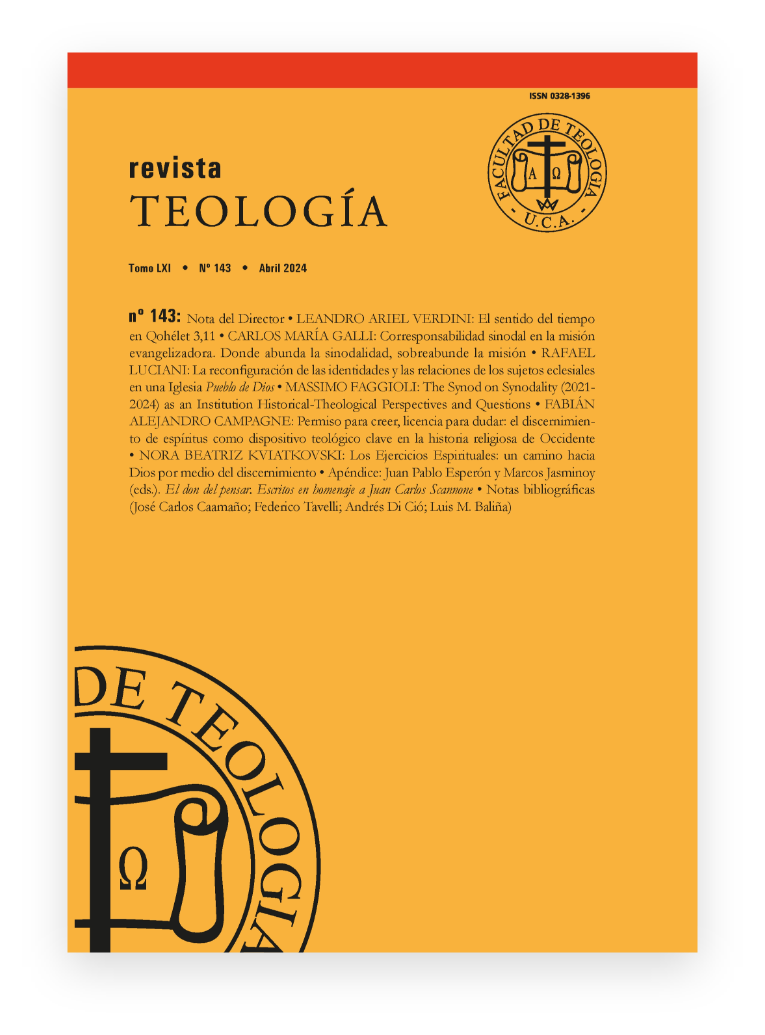
Revistas


De Rebus Antiquis
Ver revista
Prudentia Iuris
Ver revista
Revista de psicología
Ver revista
Temas de Historia Argentina y Americana
Ver revista
Teología
Ver revista

